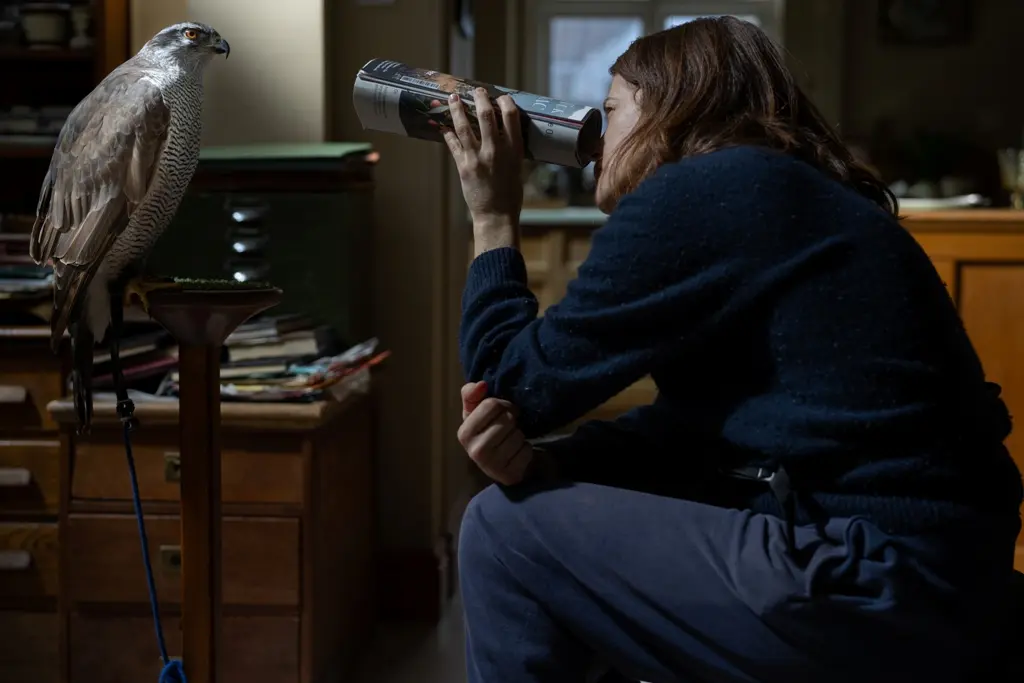Arriving with next to no fanfare, the China-produced romantic drama “Return to Dust” (“Dust”) last year inadvertently pulled off a feat that left egg on the face of the chinese communist party (CCP). There are a few reasons why the CCP ended up removing “Dust” from circulation, which I’ll get to in short order.
Film Review: ‘Return to Dust’: Banned by the CCP
The reasons the CCP doesn’t want you to see this movie might not be what you think
Originally from the nation's capital, Michael Clark has provided film content to over 30 print and online media outlets. He co-founded the Atlanta Film Critics Circle in 2017 and is a weekly contributor to the Shannon Burke Show on FloridaManRadio.com. Since 1995, Clark has written over 5,000 movie reviews and film-related articles. He favors dark comedy, thrillers, and documentaries.
Author’s Selected Articles





